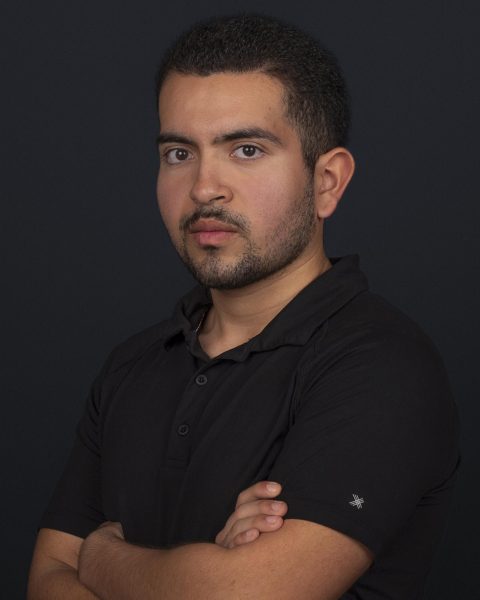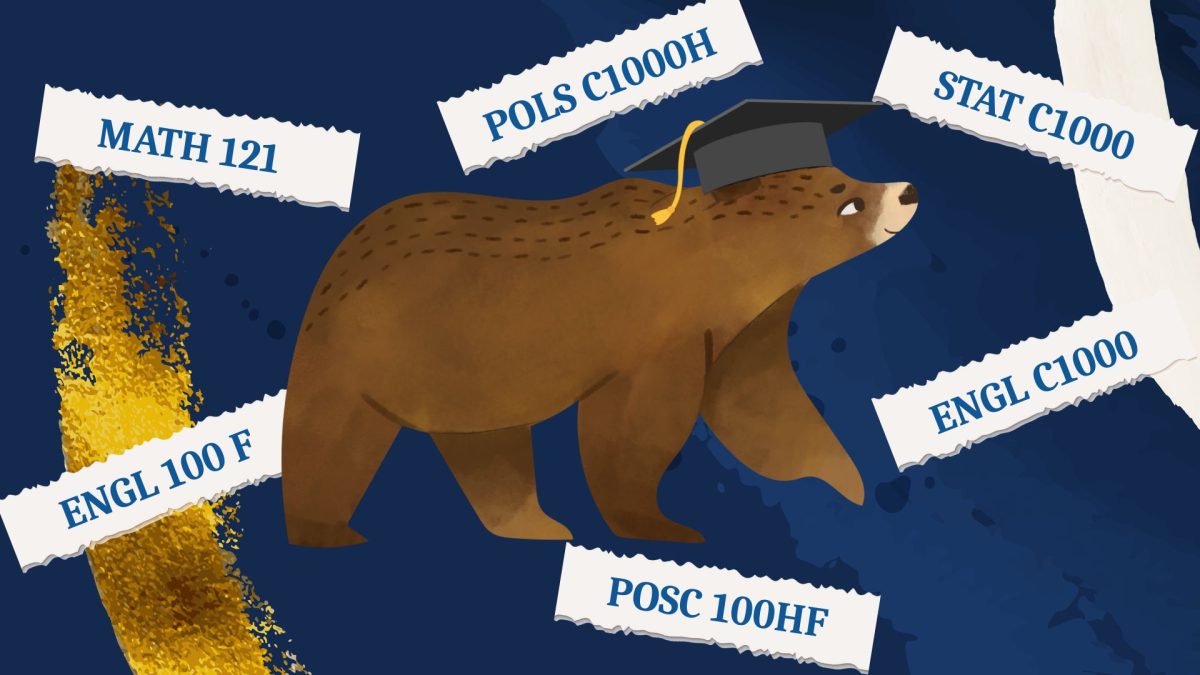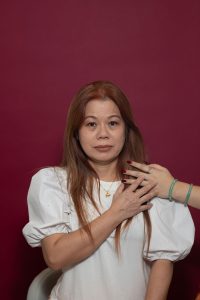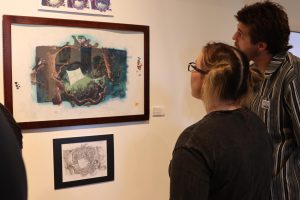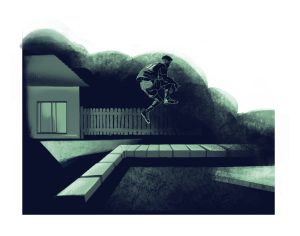Student cheating concerns Fullerton College instructors as more are opting to learn remotely
Students use artificial intelligence and online sites to get their answers to cheat concerns college instructors at Fullerton.
March 7, 2023
As remote education becomes more regular, Fullerton College instructors remain vigilant and warn students of the consequences of being caught using internet sites and artificial intelligence to cheat or plagiarize on any assignment turned in online.
According to an article posted by the American Psychological Association, one of the biggest concerns from college instructors when moving exams online was cheating due to the regularity of it in an online environment.
Math and Computer Science Instructor at Fullerton College, Marie Valentine, points out that online sites such as desmos.com and chegg.com are being used by students to get answers for math assessments, while English Department Coordinator, Michael Mangan, says ChatGPT, an online artificial Intelligence tool, is being used to write essays automatically for English students’ classes.
Mangan believes ChatGPT and other artificial intelligent sites can be used with educational purposes, but warns of the consequences it can have on students.
“Cheating and plagiarism has always been an issue,” said Mangan on the use of ChatGPT. “I think that if the instructors are not careful in terms of the assignments that they require from students and the students are not given the proper warning about the consequences for cheating, then yes, I can see ChatGPT becoming the cliché game changer.”
The Standards of Student Conduct and Discipline Policy states that cheating and plagiarism in connection with an academic program are violations that can lead to the removal, suspension, and even expulsion of a student.
“A lot of us, ‘on sort of the first offense,’ will treat it as a learning opportunity,” said English Instructor and Professional Learning Coordinator at Fullerton College, Jeanne Costello. “I mean, I am pretty sure that there are some faculty who are going to fill out a plagiarism report on the first offense.”
Different techniques have been used by faculty and instructors to try and minimize the problem, such as special browsers and plagiarism detectors.
“We use turnitin.com on our campus and that site can be integrated to canvas,” said Costello. “Turnitin.com will screen the paper for matches between language in the paper and anything that is published on the internet.”
She states that this and other plagiarism detectors are not fully efficient on detecting the usage of artificial intelligence to produce those essays, but it can sometimes be recognized by the instructor due to the structure of the texts. “What seems interesting is that [ChatGPT] seems disinclined to take a strong position about everything.”
Professor Valentine argues that although the option is given to faculty to use those cheating prevention tools, some instructors desist from using them. “I didn’t use it when we would have a software that we can use embedded in canvas,” said Valentine. “I choose not to use it because it is a lot of technical stuff.”
Mangan believes the best way to minimize cheating and plagiarism is to collaborate with students, do in class work, and assign more specific topics on circumstances when students need to write an essay.
He also claims that artificial intelligence and ChatGPT can help improve learning skills and pace students if used properly.
“You can do a lot of brainstorming [on ChatGPT] and pre-writing work that normally students would have to do entirely by themselves,” said Mangan. “If it can help them generate ideas in an efficient way without taking up too much time, what is wrong with that?”


